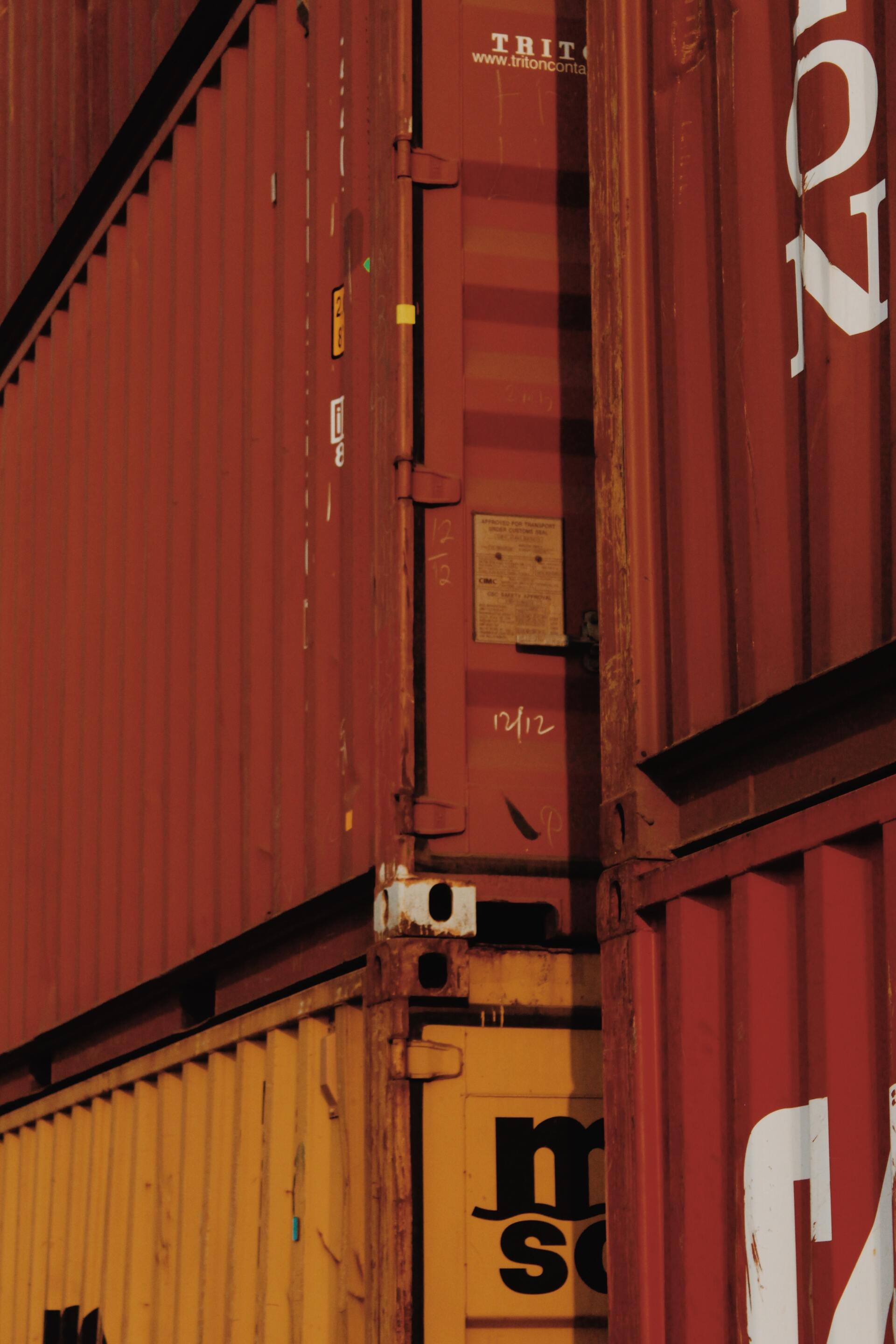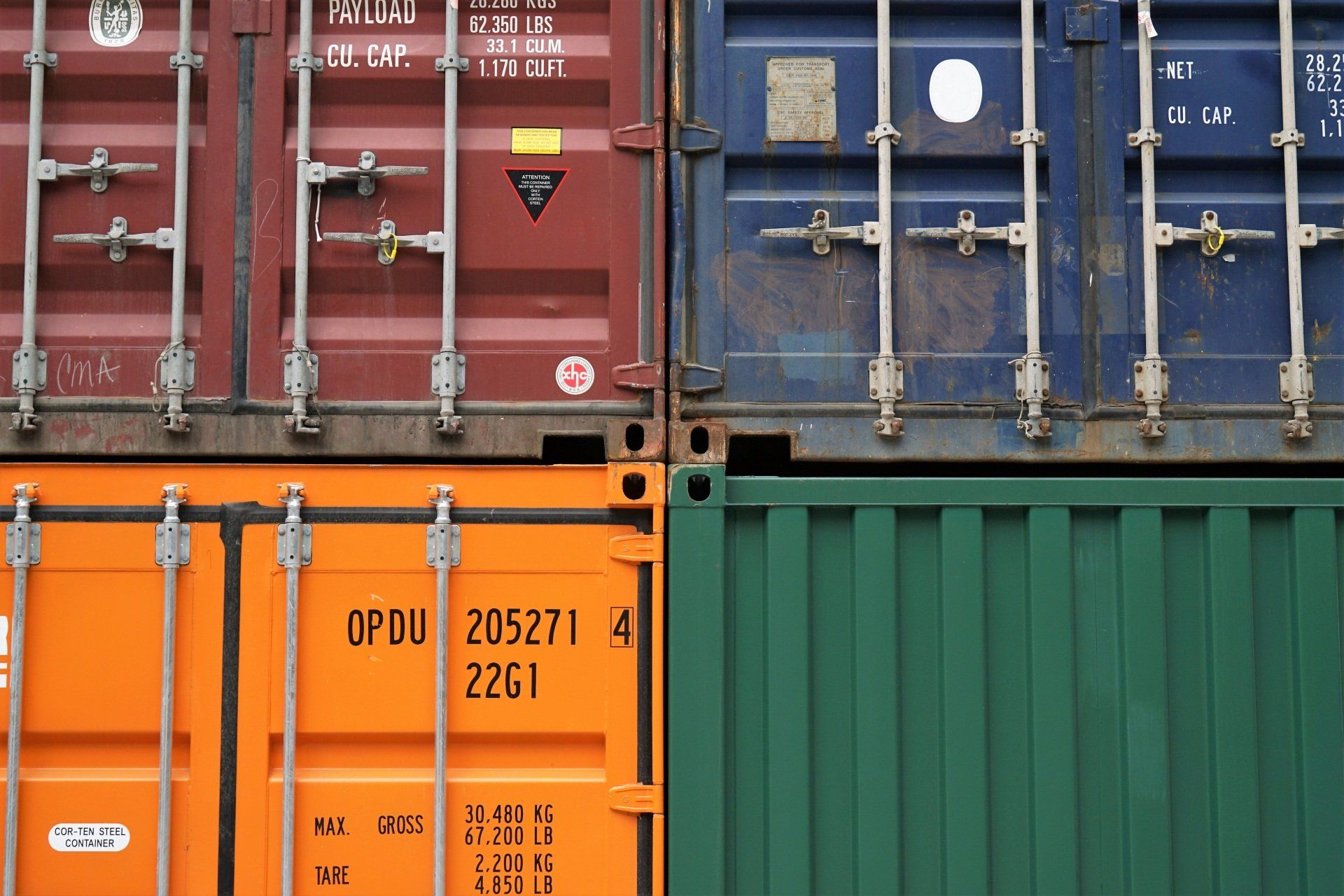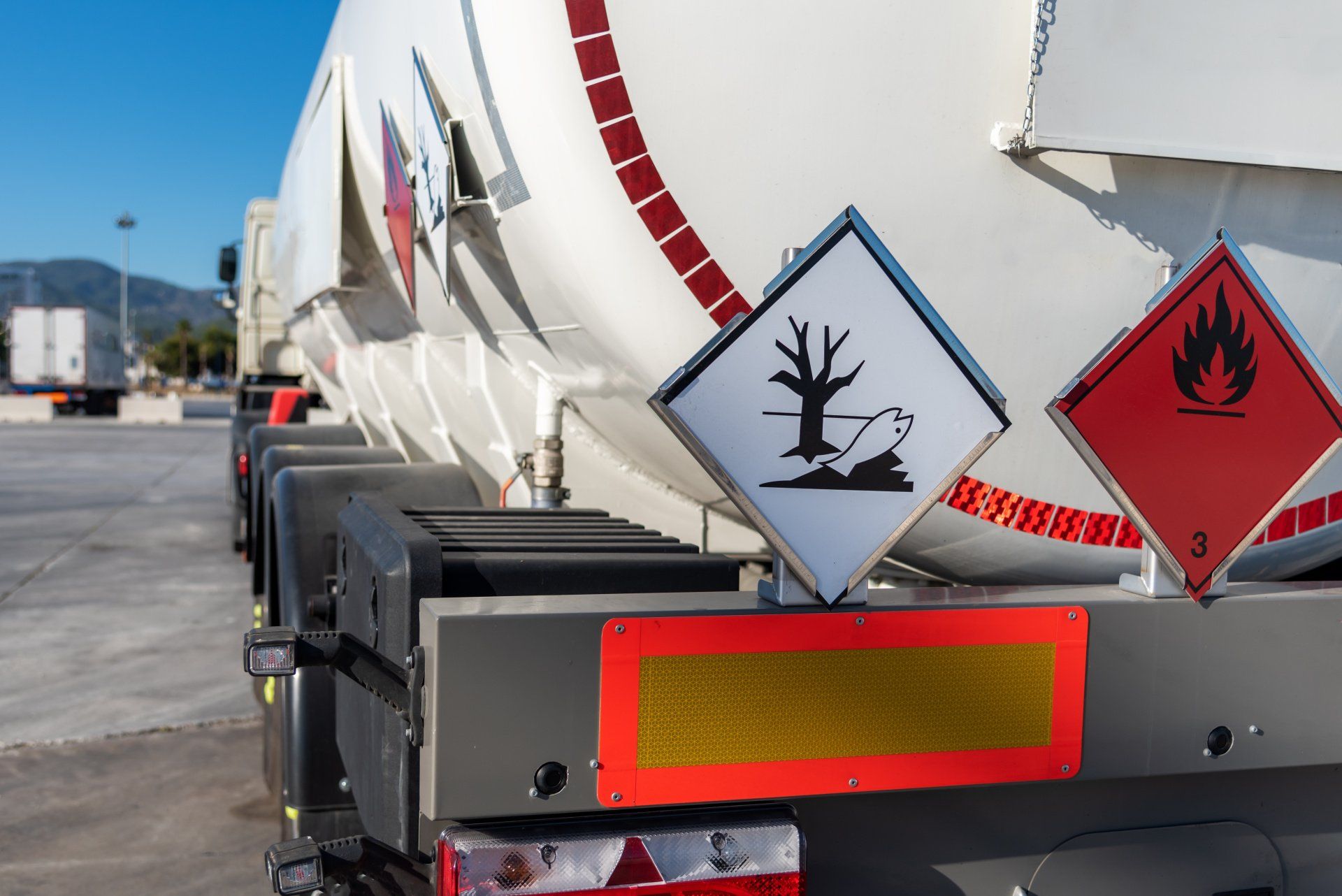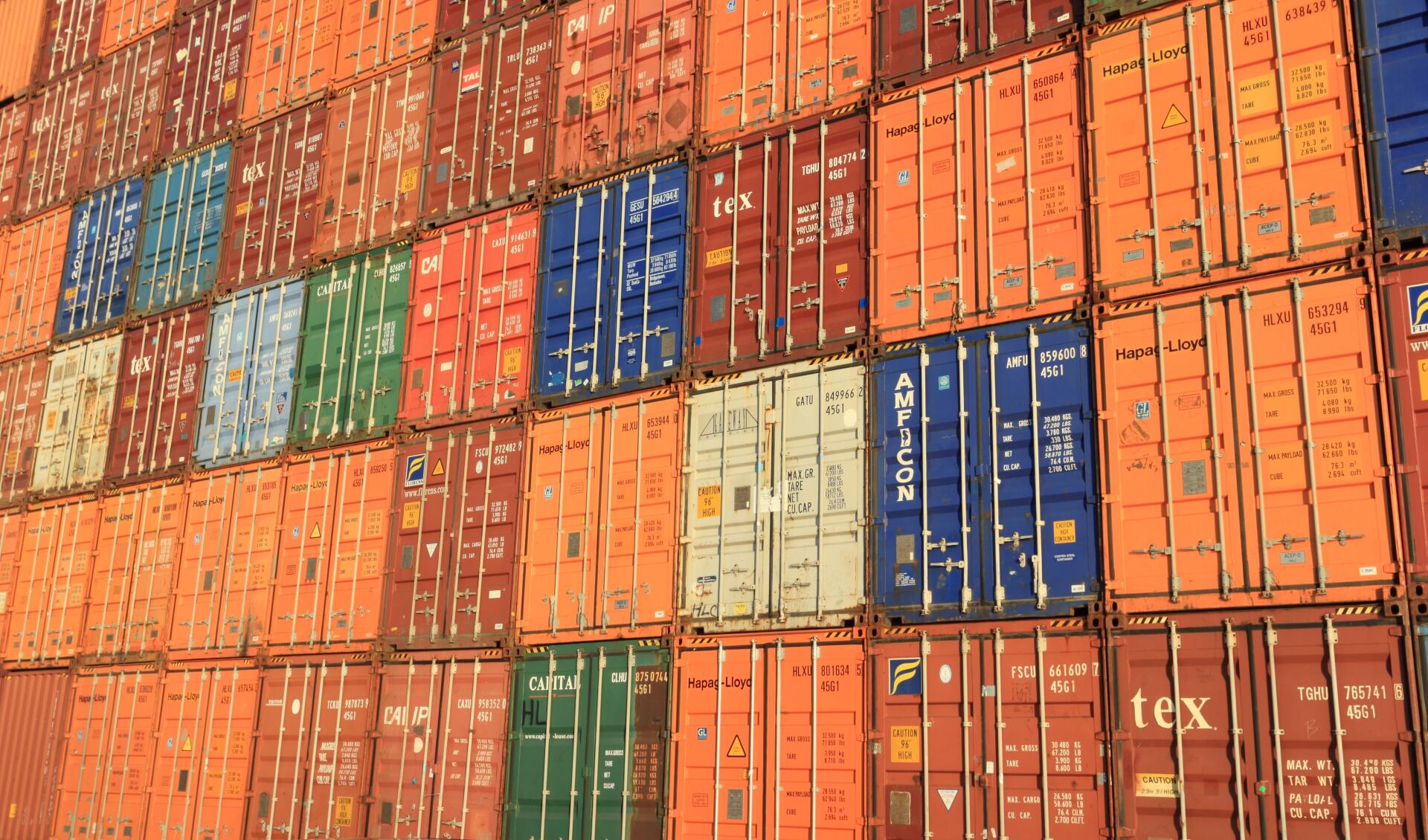What's the difference between a freight broker and dispatcher
Introduction: What's the difference between freight broker and dispatcher?

When it comes to the world of freight, there are a few key terms that everyone should know. Two of those terms are freight broker and dispatcher. Though they may sound similar, these two jobs have very different responsibilities.
A freight broker is responsible for finding shipments for truckers. They work with companies that need to ship goods and with truckers who have space in their trucks to transport those goods. A dispatcher, on the other hand, is responsible for organizing the drivers and their trucks so that goods can be transported as quickly and efficiently as possible. Dispatchers make sure that drivers are going where they need to be and that they have the correct cargo.
There is some overlap between the duties of a freight broker and dispatcher. For example, both brokers and dispatchers might negotiate rates or find new customers.

What is a Freight Broker?
Freight brokers are the middlemen of the shipping world. They match shippers who need to move goods with truckers who have space on their trucks. Freight brokers are not transportation providers, but they do need to have a good understanding of the industry in order to do their job well.
The main difference between a freight broker and a dispatcher is that a dispatcher is responsible for getting goods from Point A to Point B, while a freight broker is responsible for finding someone to move those goods. A dispatcher typically has trucks at their disposal, while a freight broker relies on truckers who are already traveling between points.
Freight brokers typically make their money by taking a commission from the trucker for every load that they haul. This commission can be anywhere from 5% to 20% of the total cost of the load.

What is a freight dispatcher?
Freight brokers are the middlemen of the shipping world. They match shippers who need to move goods with truckers who have space on their trucks. Freight brokers are not transportation providers, but they do need to have a good understanding of the industry in order to do their job well.
The main difference between a freight broker and a dispatcher is that a dispatcher is responsible for getting goods from Point A to Point B, while a freight broker is responsible for finding someone to move those goods. A dispatcher typically has trucks at their disposal, while a freight broker relies on truckers who are already traveling between points.
Freight brokers typically make their money by taking a commission from the trucker for every load that they haul. This commission can be anywhere from 5% to 20% of the total cost of the load.
What's the Difference Between a Freight Broker and dispatcher?
The freight broker profession has been around for a long time, but many people don't know exactly what they do. Freight brokers are the middlemen between the shipper and the carrier. They find carriers for shippers and find shipments for carriers.
Freight dispatchers, on the other hand, work for the carriers. They book cargo space on trucks and manage the shipping schedules. There is some overlap between these two professions, but generally speaking, freight brokers are responsible for finding shipments and dispatchers are responsible for booking cargo space and managing schedules.

What are the responsibilities of a freight broker?
There is a lot of overlap between the responsibilities of freight brokers and dispatchers, but there are some key distinctions. Freight brokers are responsible for finding transportation for goods and arranging shipments, while dispatchers are responsible for ensuring that transportation is available when needed and routing trucks to their destinations. Freight brokers may also work with dispatchers to optimize routes and make sure that goods are delivered on time.
What are the responsibilities of a freight dispatcher?
Freight dispatchers are responsible for the efficient and timely movement of goods by truck, rail, or air. They work with customers, carriers, and brokers to schedule and track the shipment of goods. The dispatcher's role is essential to keeping the supply chain moving.
The main difference between a freight broker and dispatcher is that a dispatcher is responsible for actually moving the goods while a broker finds transportation for those goods. A freight dispatcher must have a good understanding of the transportation industry and be able to negotiate rates with carriers. They must also be able to troubleshoot any problems that may arise during transit.

Conclusion: What's the difference between a freight broker and freight dispatcher?
Freight brokers and dispatchers are both important parts of the trucking industry, but they have different roles. A freight broker is someone who contracts with trucking companies to move goods from one place to another. They find trucks to transport the goods and negotiate rates with the trucking companies. A dispatcher, on the other hand, is responsible for ensuring that the trucks are loaded and unloaded efficiently and that goods are delivered on time. They also manage the drivers and track their progress.









